If there's one thing I've learned in my five-year journey of earning six figures annually through affiliate marketing, it’s this: there’s no shortcut to success. The allure of making money online is potent, yet many dive in without a solid strategy, only to find themselves treading water. My path was different. By leveraging WordPress hosting and focusing on a niche I was passionate about, I managed to consistently pull in $150,000 a year. Here’s how I did it, and how you can too.
Learn Affiliate Marketing Success
Discover how to effectively generate income through affiliate marketing with practical strategies and insights.
- Identify a profitable niche and select an appropriate domain name to establish your brand presence in the affiliate marketing landscape.
- Utilize WordPress hosting to create engaging content that attracts traffic and monetizes through strategic affiliate links.
- Understand potential earnings, ease of entry, and the best programs for beginners to maximize your affiliate marketing journey.
1. Choose a Niche
Choosing a niche is the cornerstone of affiliate marketing success. It's not just about picking something popular; it's about selecting a niche that you're both passionate about and that has potential for profitability. When I started, I was overwhelmed by the choices, but I quickly realized that my interest in tech gadgets could be monetized effectively.
When choosing your niche, consider what excites you. Passion fuels perseverance, which is crucial when the initial excitement wanes, and you’re left with the daily grind. Analyze market trends and demand; tools like Google Trends and Keyword Planner are invaluable. For instance, in 2025, niches like sustainable living and AI-driven tools are hot. Select a niche that you can see yourself immersed in for years to come.
Insider Tip: According to industry expert Neil Patel, the right niche is a blend of passion, expertise, and market demand. Without these three elements, your efforts may flounder.
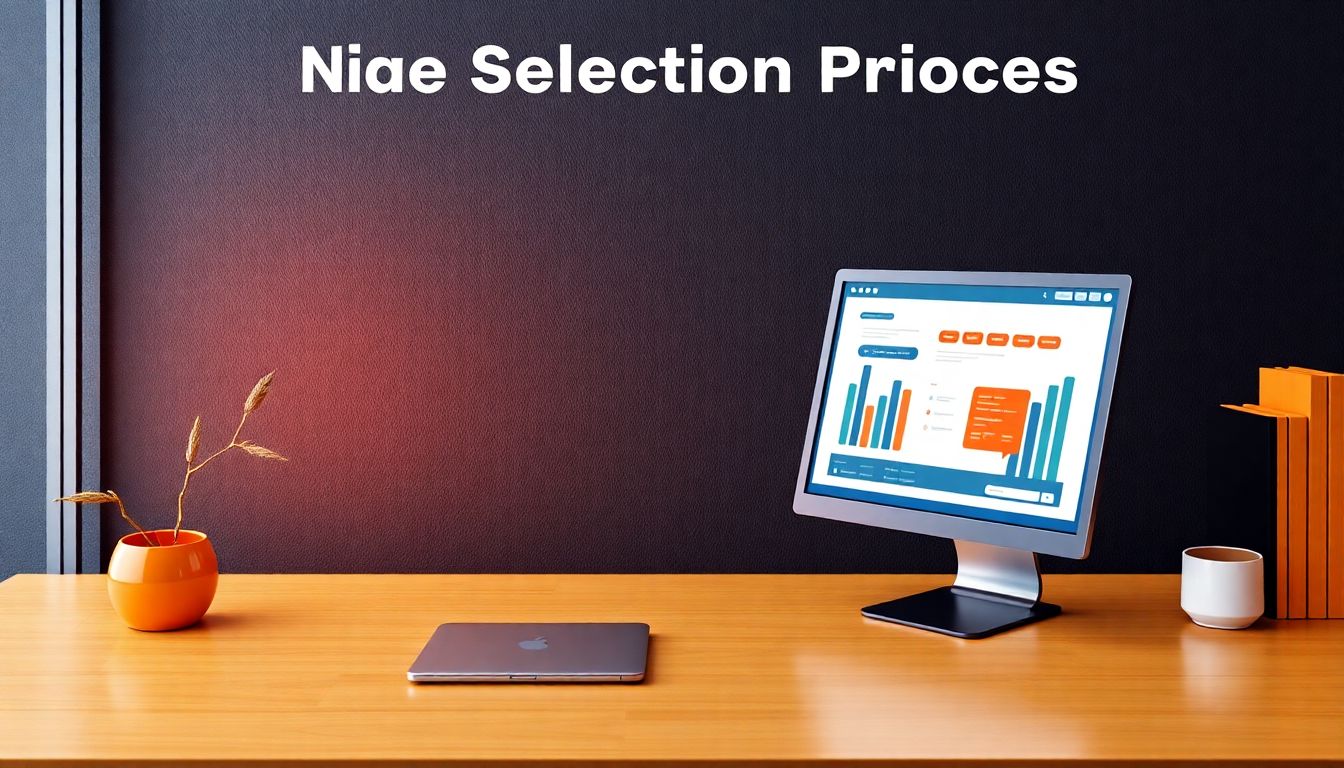
Personal Journey: Discovering My Niche in Affiliate Marketing
When I first stumbled into the world of affiliate marketing, I had no idea what niche to choose. It all started in early 2020, when I was working a 9-to-5 job in an office that I found increasingly unfulfilling. One evening, while browsing through forums, I came across a discussion about niche selection and its importance in affiliate marketing.
I decided to take a leap of faith and dedicate my evenings to exploring my interests. After weeks of brainstorming, I landed on the fitness niche, something I was passionate about due to my own journey of weight loss and health improvement. I remembered how difficult it was to find reliable information and quality products when I was starting out.
With a clear niche in mind, I set up my website, "FitJourneyWithSam.com," and focused on creating valuable content to help others navigate their fitness journeys. Over the next few months, I crafted blog posts about workout routines, nutrition tips, and personal experiences, which resonated with my audience.
By sharing my story and the products that genuinely helped me, I began to see traffic grow and, eventually, commissions from affiliate links. Within a year, my side hustle turned into a significant income stream, allowing me to leave my office job. This journey taught me that choosing the right niche not only aligns with your passion but also opens up opportunities for genuine connections with your audience.
2. Choose a Domain Name
Your domain name is your brand’s first impression. It’s worth spending time on this step. A memorable, relevant, and SEO-friendly domain can set you apart. When I was choosing mine, I ensured it was catchy yet descriptive of my niche. For instance, if you're venturing into eco-friendly products, a domain like "GreenGadgetGuru.com" can be both engaging and descriptive.
Avoid complex names or those that are difficult to spell. Simplicity is key. Also, consider the domain extension; while .com is preferred, sometimes a niche-specific extension like .tech can be beneficial. Tools like Namecheap's domain checker can help you find available domains.
Insider Tip: Moz suggests keeping your domain name under 15 characters for maximum memorability.
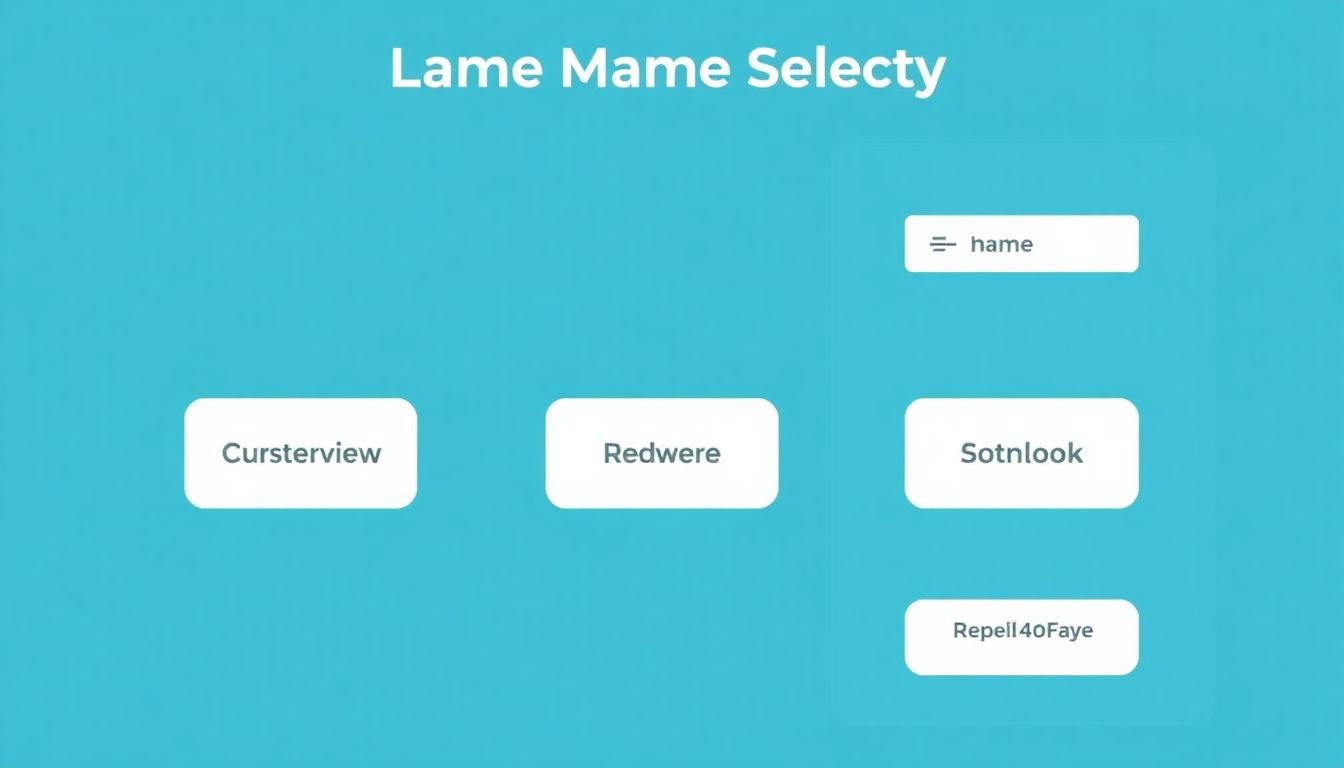
3. Get WordPress Hosting
WordPress is the go-to platform for affiliate marketers; it’s versatile, user-friendly, and highly customizable. But your success also hinges on choosing the right hosting provider. In my experience, investing in a reliable WordPress hosting service is non-negotiable. I chose Bluehost for its seamless integration with WordPress and excellent customer support.
Look for hosting that offers fast loading speeds, 24/7 support, and scalability options as your site grows. A slow site can be a conversion killer, with studies showing a 1-second delay can decrease conversions by 7%.
Insider Tip: Choose a hosting provider with a solid uptime guarantee. Downtime can cost you significant revenue and damage your site's reputation.
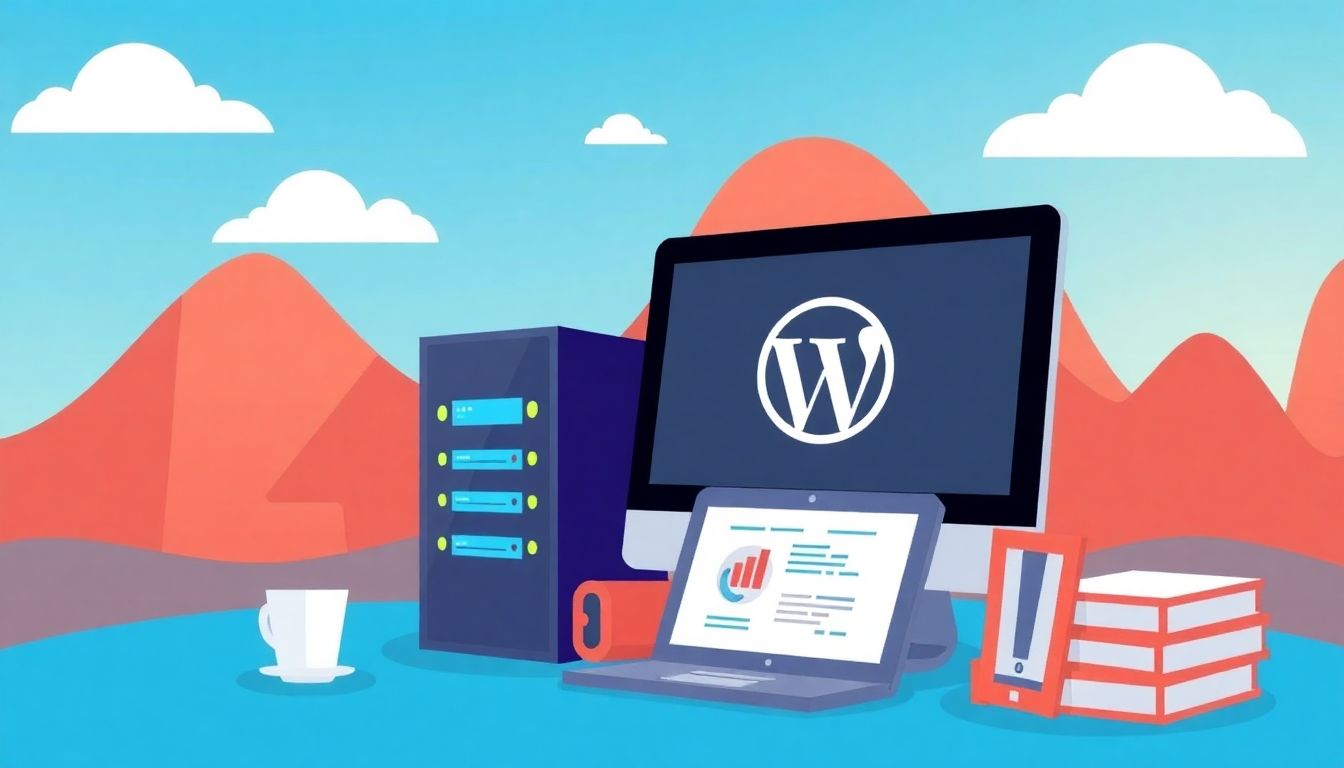
4. Create Content
Content is king, but quality is queen—and she rules the house. The content you create must be valuable, engaging, and tailored to your audience’s needs. When I started, I focused on creating detailed reviews and how-to guides, since these catered directly to my audience's needs.
Diversify your content strategy; mix in blog posts, videos, and infographics to cater to different learning styles. Regularly update your content to keep it relevant and optimize it for SEO. Tools like Yoast SEO can help ensure your content is search engine friendly.
Insider Tip: According to SEMrush, long-form content (2000+ words) tends to perform better in search results and attracts more backlinks.

5. Get Traffic
Traffic is the lifeblood of any affiliate marketing site. Without it, even the best content and products will go unnoticed. When I began, I leveraged both organic SEO and paid advertising to boost my site’s visibility. Over time, I found social media platforms like Pinterest to be goldmines for driving targeted traffic.
SEO remains a powerful tool; ensure your site’s on-page and off-page SEO is robust. Consider guest blogging and collaborating with influencers in your niche to expand your reach. Meanwhile, platforms like Google Ads can drive immediate traffic, but should be used strategically to avoid overspending.
Insider Tip: HubSpot reports that businesses with active blogs receive 55% more visitors than those without.

6. Monetize with Affiliate Links
Monetization is where the magic happens. But it’s not just about plastering affiliate links everywhere; it’s about strategically placing them where they’ll have the most impact. I focused on integrating links seamlessly into my content, making recommendations feel natural and trustworthy.
Choose affiliate programs with products you genuinely believe in. Transparency and authenticity are key; your audience can sense a lack of sincerity, which can erode trust. I personally recommend Amazon Associates for its vast product selection, but there are many others like ShareASale and CJ Affiliate that cater to specific niches.
Insider Tip: According to Authority Hacker, the most successful affiliates build a relationship with their audience and only promote products that align with their brand values.

How much money can you make with affiliate marketing?
The potential earnings in affiliate marketing are vast, but they vary significantly. Some marketers earn a few hundred dollars a month, while others like myself reach the six-figure mark annually. The key factors impacting your earnings include your niche, traffic volume, and conversion rates.
In 2025, the average affiliate marketer earns about $45,000 per year, but top marketers can make upwards of $1 million. It’s crucial to manage expectations and understand that success isn’t instantaneous; it requires patience and constant optimization.
Insider Tip: Affiliate Marketing Hub notes that marketers who focus on building email lists see a 30% increase in revenue, as email marketing remains a powerful conversion tool.
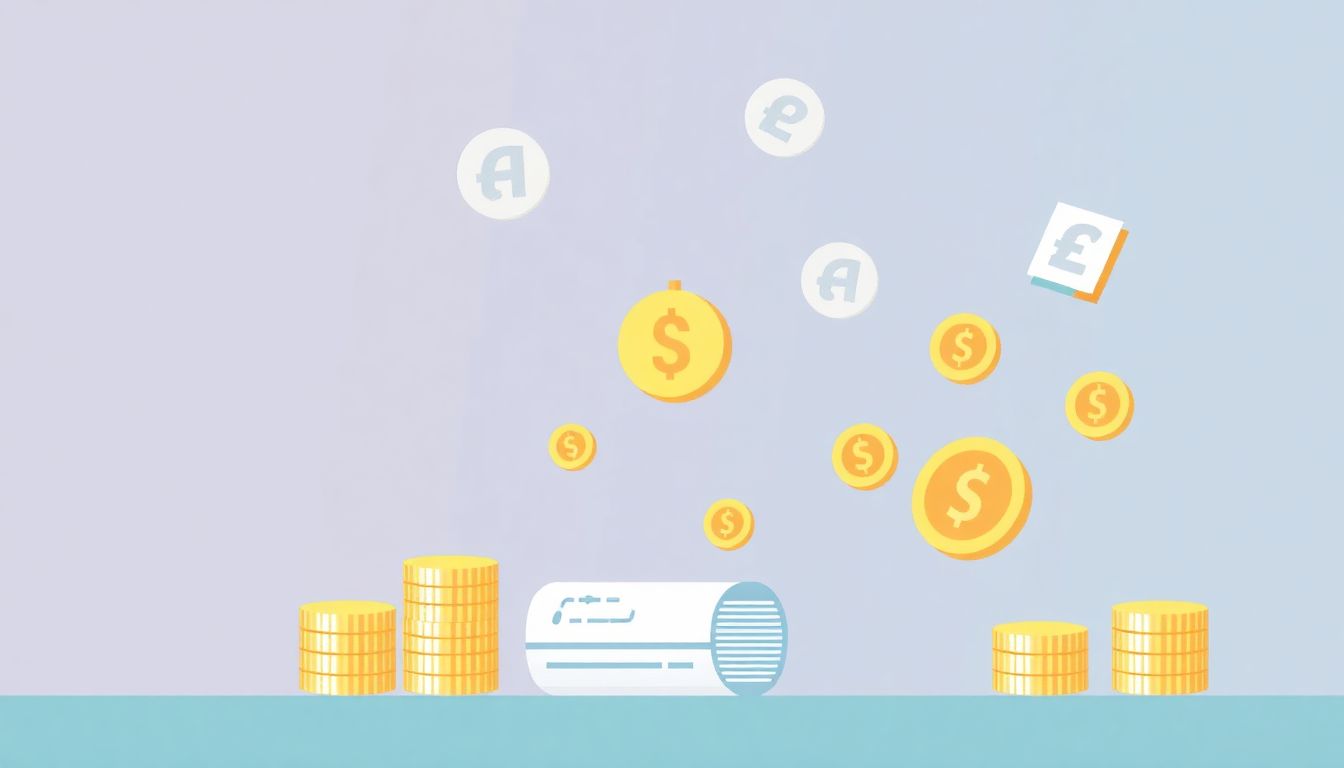
Is affiliate marketing worth it?
Absolutely, but it depends on your goals and dedication. Affiliate marketing can be incredibly rewarding and offers flexibility that traditional jobs cannot. However, it’s not a get-rich-quick scheme. You must be willing to invest time and effort.
Reflecting on my journey, the freedom and passive income affiliate marketing provides are unmatched. But the path was fraught with challenges, from algorithm changes to fluctuating market demands. If you’re passionate and resilient, the rewards can be substantial.
Insider Tip: Affiliate Insider emphasizes the importance of diversification. Relying on a single traffic source can be risky; diversify your strategies to mitigate potential losses.

Is affiliate marketing easy?
No, and anyone telling you otherwise is likely misleading you. While the concept is simple—promote products and earn commissions—the execution is complex. From choosing the right niche to mastering SEO and content creation, affiliate marketing demands a diverse skill set.
In my early days, I underestimated the learning curve and made numerous mistakes. But each setback was a stepping stone. The key is continuous learning and adaptation; what works today might not work tomorrow.
Insider Tip: According to Content Marketing Institute, staying updated with industry trends and continuously learning new skills is essential for long-term success in affiliate marketing.
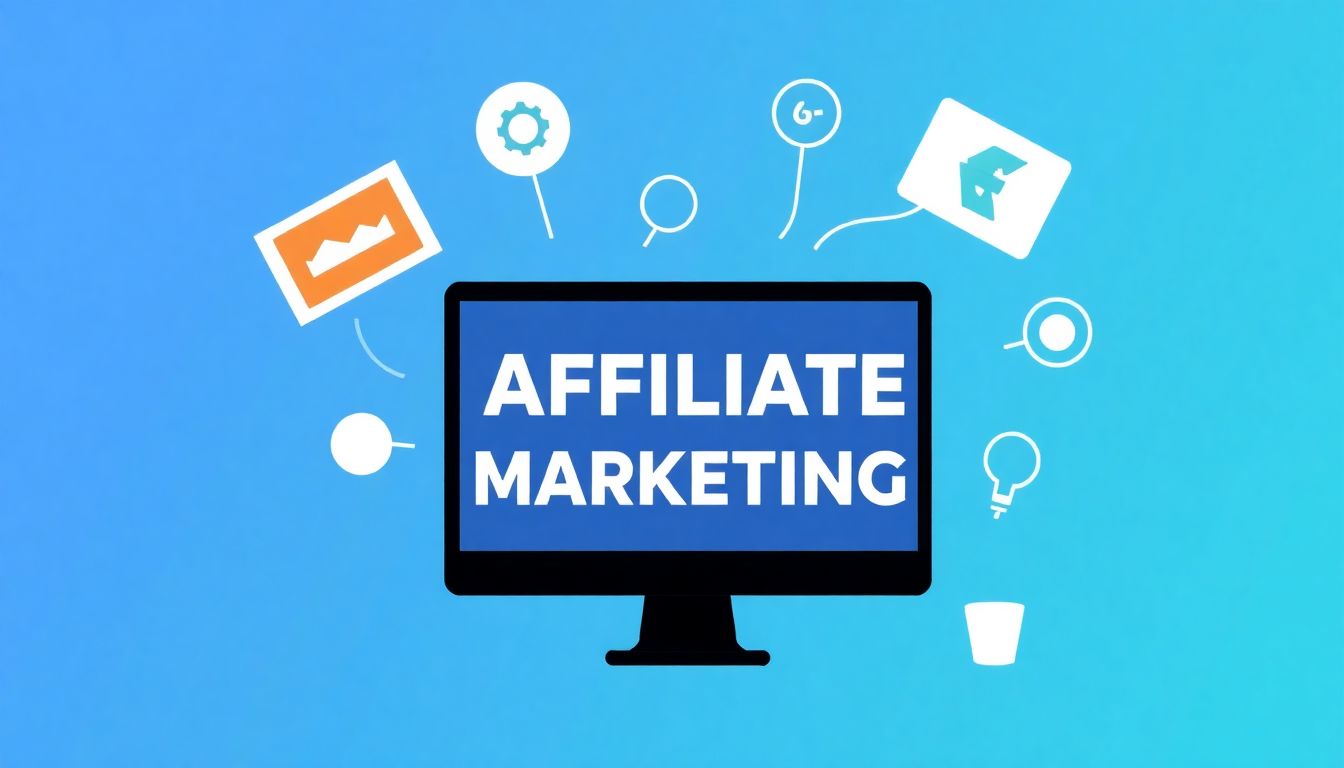
What is the best affiliate program for beginners?
For newcomers, Amazon Associates is a fantastic starting point due to its simplicity and the vast array of products available. It’s where I began my journey, and its user-friendly platform made the initial learning curve manageable.
Beyond Amazon, programs like ClickBank and Rakuten offer diverse product categories and competitive commission rates. Choose a program that aligns with your niche and offers products you’re passionate about. The ease of use and product selection should be your top considerations.
Insider Tip: According to Affilorama, starting with a program that offers digital products can often result in higher commission percentages, sometimes up to 70%.

How do I get paid for affiliate marketing?
Payment processes vary between programs, but most pay affiliates via direct deposit, PayPal, or checks. Understanding the payment terms, such as minimum payout thresholds, is crucial. For instance, Amazon requires a $10 minimum for payouts.
It’s important to track your earnings and expenses meticulously for tax purposes. Tools like QuickBooks can help manage your finances effectively. Payment schedules also vary; some programs pay monthly, while others may pay quarterly.
Insider Tip: According to Finance Online, using an affiliate network like ShareASale can simplify payment tracking across multiple programs, providing consolidated reports and analytics.

Conclusion
Affiliate marketing in 2025 is ripe with opportunity, but it's not for the faint of heart. With dedication, strategic planning, and a willingness to learn, you can carve out a lucrative income stream. Remember, success doesn't happen overnight. My $150k journey was built on persistence, adaptability, and a constant hunger for improvement. Whether you're just starting or looking to refine your strategy, affiliate marketing's potential is as limitless as your ambition.
Common Questions
How can I start affiliate marketing in 2025 for profits?
You can start by researching niche products and creating quality content.
What is the best platform for affiliate marketing in 2025?
WordPress is a popular choice due to its flexibility and user-friendliness.
Who can succeed in affiliate marketing in 2025?
Anyone with dedication and a willingness to learn can succeed in affiliate marketing.
How do I choose the right affiliate products to promote?
Focus on products that align with your audience's interests and needs.
What if I don’t see immediate results in my affiliate marketing efforts?
Success takes time; consistently evaluate and optimize your strategies.
How can I scale my affiliate marketing income beyond $150k/year?
Consider diversifying your income streams and improving your SEO tactics.

Comments
Post a Comment